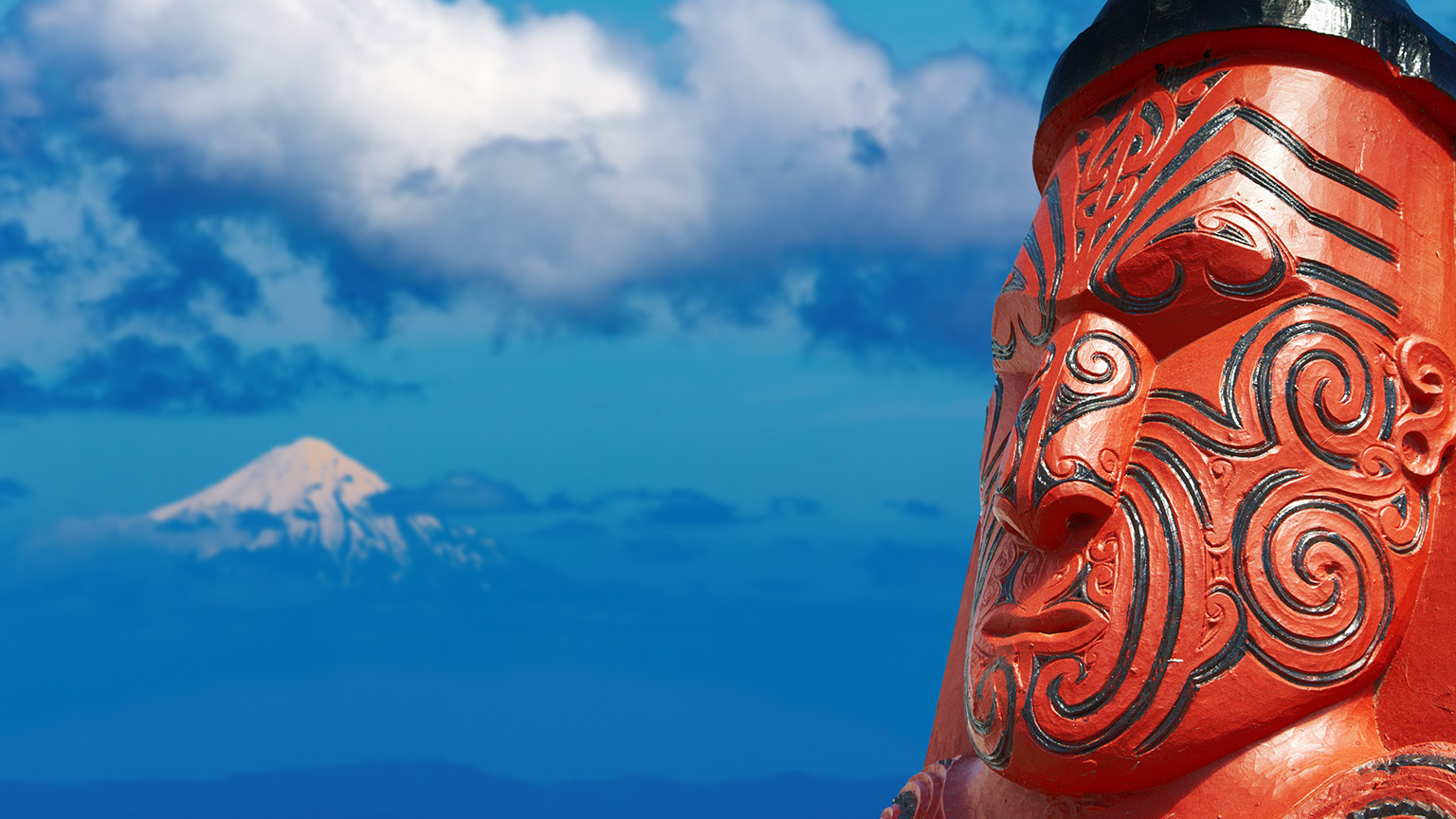- 3Ps - the Māori operating principles: partnership, participation, protection.
- Hauora Māori – Māori health. Hauora is a holistic approach that encompasses four key dimensions: tinana (physical wellbeing), wairua (spiritual wellbeing), hinengaro (psychological wellbeing) and whānau (social wellbeing).
- Kaitiakitanga – people should acknowledge the mauri of resources they work with by preferring the best materials and practices rather than the cheapest, ensuring safety at all stages of production, pursuing quality even over price.
- Kaumātuatanga – kaumātua continue to play a crucial role in keeping families and the community together, although the role has become more difficult as people look to kaumātua for guidance in the world of business as well as in their traditional leadership role.
- Kotahitanga – The value of working collaboratively to support greater well-being.
- Mana – maintaining balance and harmony through ‘give and take’, reciprocal obligations, honesty in all things and the exchange of gifts are still essential practices, which increase the status and welfare of the people and their community.
- Manaakitanga – a community organisation or business should support the social objectives of its people through the contribution of money, people, and facilities, treating its employees as well as any partners or competitors, fairly and generously in all respects.
- Mauri ora – the mauri is the spark that feeds the life principles of a person, a place, or an object. It is important to acknowledge mauri in order to enhance the health and wellbeing of a person, a place, or an object.
- Rangatiratanga – displaying the qualities of a rangatira including generosity, bravery, humility, respect, commitment to the community; using facts and honest information – as well as legends and stories – to make a case; relaying a message or explaining things in a way which binds people together; facilitating rather than commanding; and encouraging people to participate in all the important decisions which affect them.
- Tangata whenua – literally 'people of the land', these are the people who have authority in a given location.
- Tapu and noa – the procedures to establish demarcation zones to promote the safety and protection of people, places, and objects, is just as important as the processes to free restricted zones for the common use of the people of an organisation.
- Te ao Māori – the Māori worldview. Te ao means 'light'.
- Te reo Māori – the Māori language.
- Tikanga – the lores, customs, and protocols of tikanga are important because they remain valuable to Māori as guiding principles and a source of wisdom.
- Wairuatanga – the spiritual world is an important part of reality, which must be accommodated on a day-to-day basis, even when it conflicts with the ‘rules’ of business.
- Whakapapa – it is vital to understand Māori common ancestry that cherishes places such as marae as symbolic homes; and sharing on the basis of kinship, rather than on the basis of legal responsibility or ownership.
- Whakarite mana – a contract is a statement of intention to form a lasting relationship; and the elements of the contract should be open to review as circumstances change, with the objective of providing long-term satisfaction for both parties, rather than focusing on ‘the letter of the law’.
- Whānaungatanga – considerations in deciding who to employ, what action to take, with discussion at as many meetings as necessary to make decisions which benefit everyone, rather than just some individuals.
Verbal communication includes:
- Haka
- Mihi
- Pepeha
- Whaikōrero
- Whakataukī
- Whakatauākī
- Waiata
- Karanga
- Tauparapara
- Waiata āringa
- Kanohi ki te kanohi
Module Linking
Main Topic Image

Is Study Guide?
Off
Is Assessment Consultation?
Off